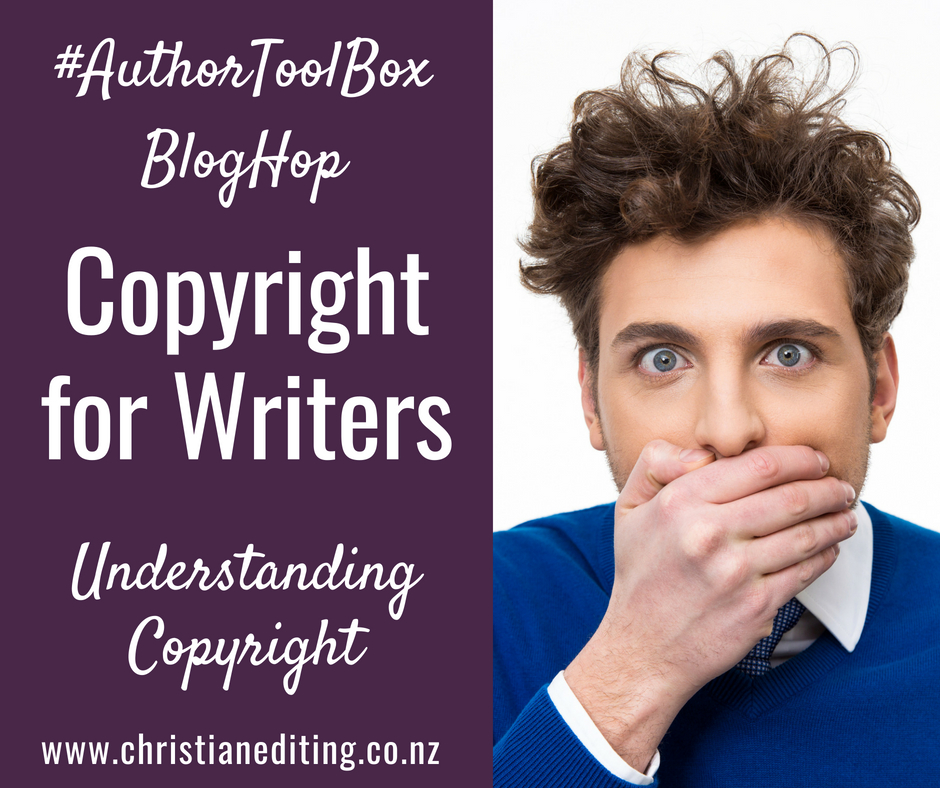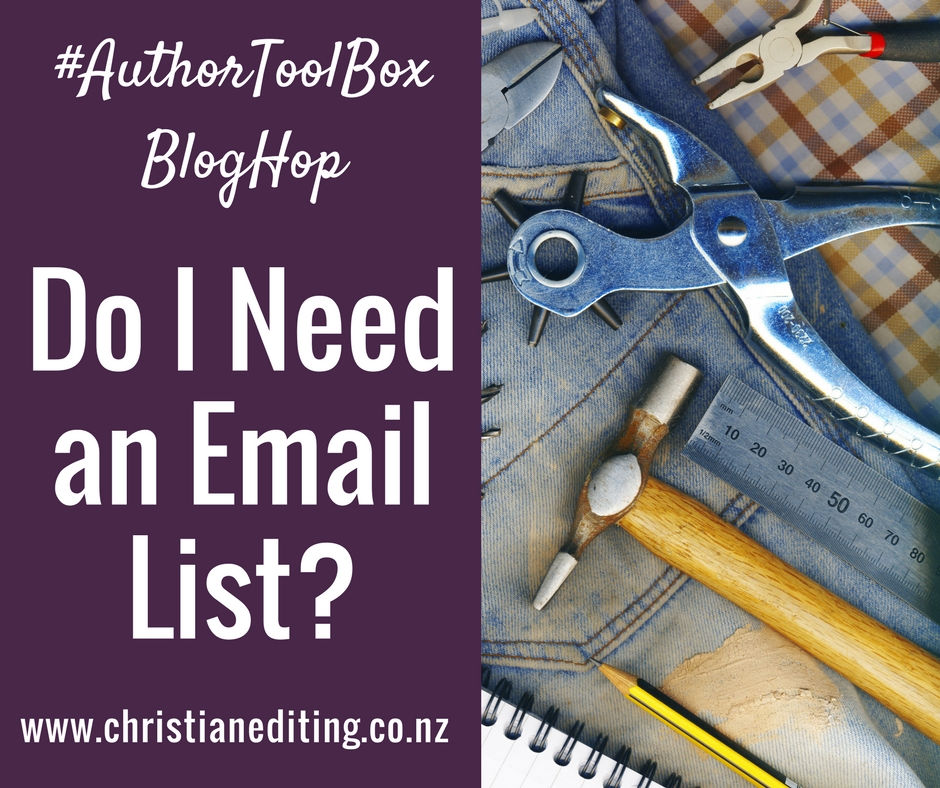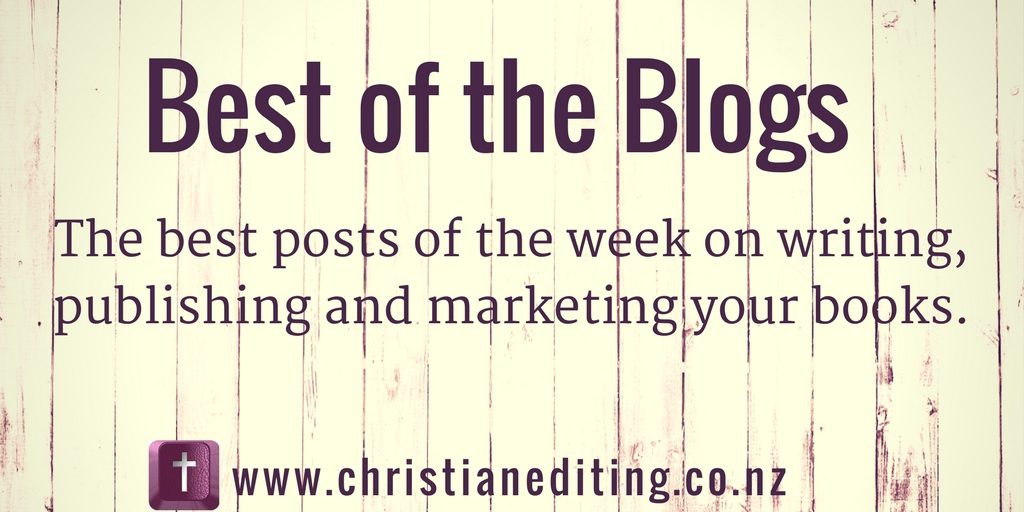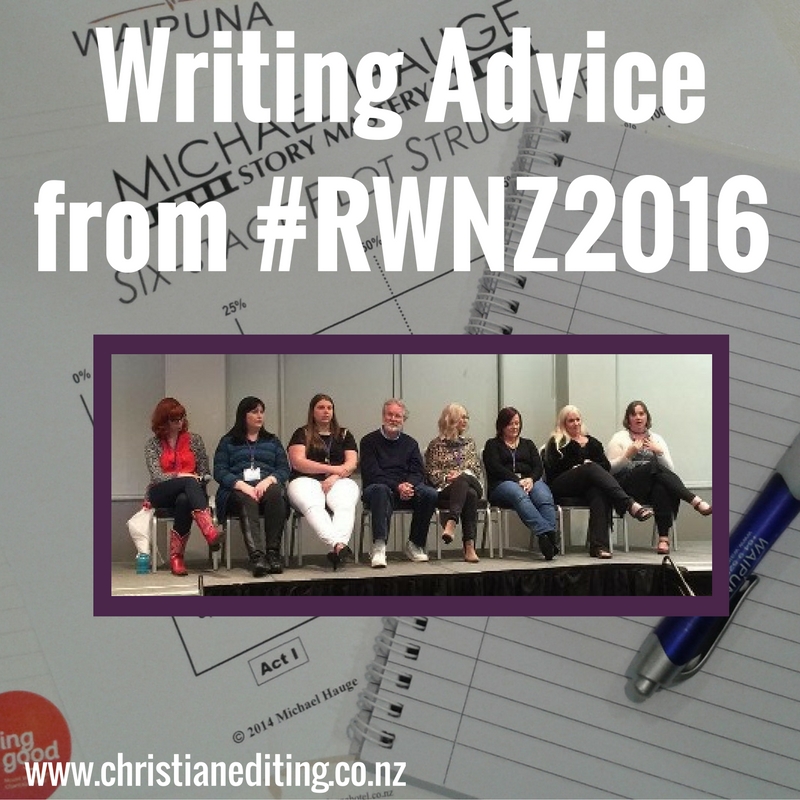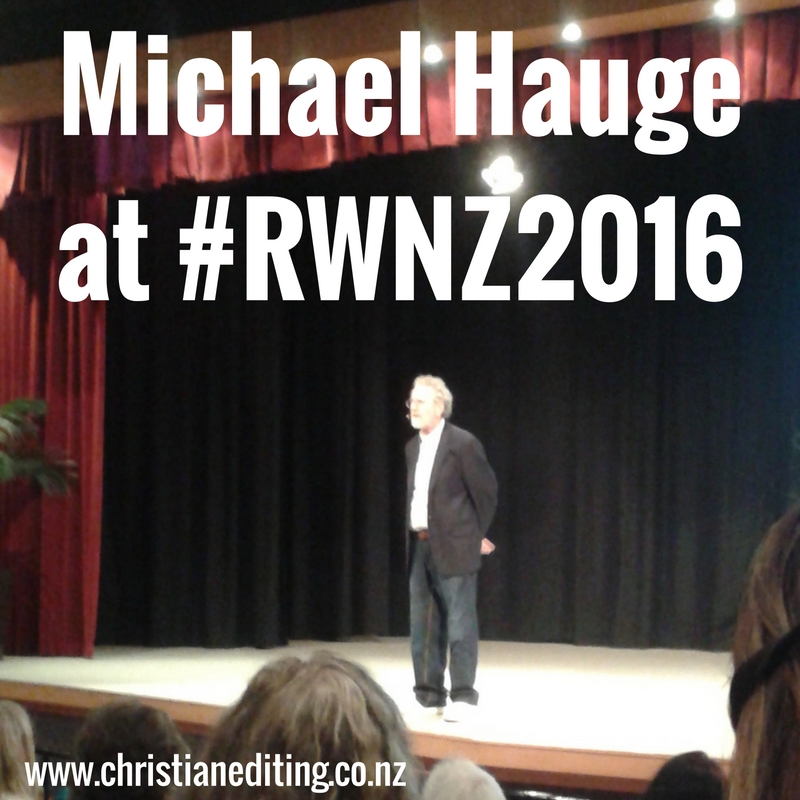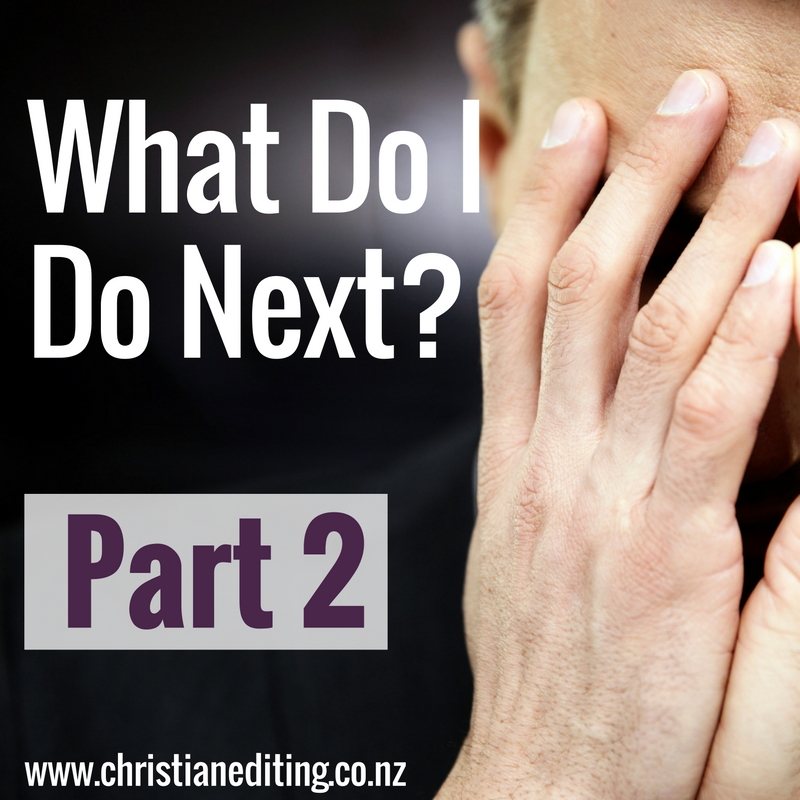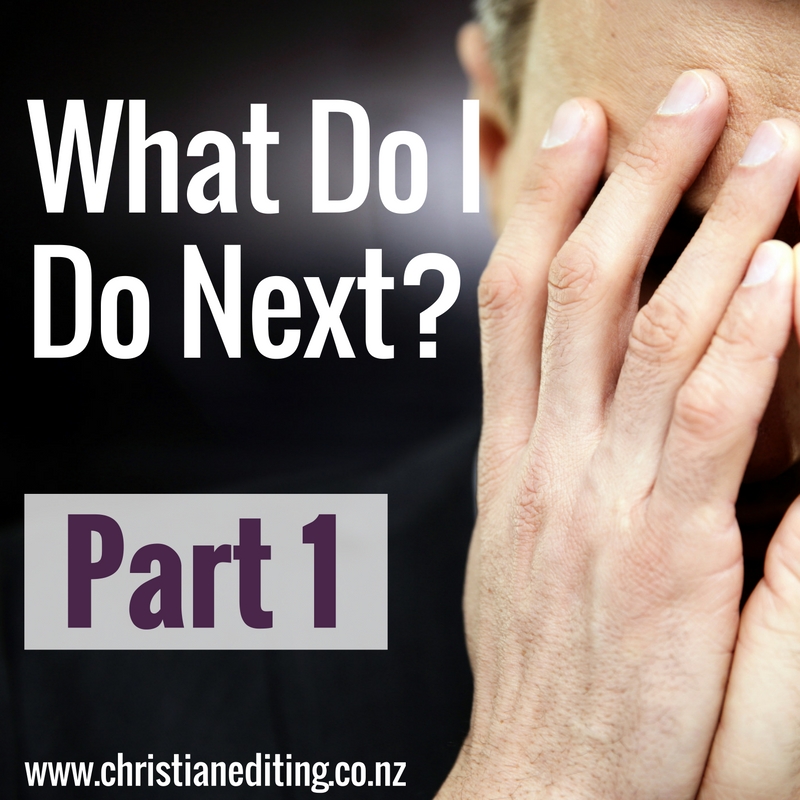This post is part of the monthly Author ToolBox Blog Hop, organised by Raimey Gallant. We now have over 40 blogs participating. To find more Blog Hop posts:
What is Copyright?
All writers need to understand the basics of copyright for two reasons:
- So they know their rights in regard to the work they write and publish
- So they do not infringe the rights of other creatives
So what is copyright?
In essence, copyright is the right to copy. (Sounds obvious, right?)
Copyright includes the right to reproduce, distribute, and display copyrighted works. It is a form of intellectual property, an asset that has monetary value. Copyright law is designed to protect the rights of those who create content.
What Does Copyright Cover?
Copyright covers original works, whether words, sounds, or images, and whether published or unpublished. This includes:
- Books
- Blog posts
- Music
- Lyrics
- Movies
- TV shows
- Scripts
- Plays
- Speeches
- Poems
Yes, copyright broad. Basically, copyright covers the creation of any original work, in any form.
There are a few things copyright doesn’t cover, such as:
- Ideas
- Book titles
- Words
I’ll deal with these in a later post.
Who Owns the Copyright to a Published Book?
The author (well, they should). The author signs a contract with a publisher which licences specific rights. This licence gives the publisher the temporary right to reproduce, distribute, and display copyrighted works (i.e. to print and sell the book).
A good contract will specify what rights are included, e.g. the format of the book, the language, and the countries the book can be sold. It will also include how the author can get those rights back (e.g. so the author can self-publish the work). Never sign a contract that’s for life of copyright. That basically means the publisher owns the book, not you.
If you want to know more about the ins and outs of publishing contracts, I recommend Kristine Kathryn Rusch’s blog.
Copyright is Automatic
Copyright is automatic for work first published after 1 March 1989. Works do not have to have a © symbol or notice of copyright to be covered. The law is more complex for earlier work, so it’s best to assume a work is covered by copyright unless you have evidence to the contrary.
Copyright is International
All countries have laws relating to copyright. While there are minor differences (e.g. the length of copyright, whether you need to register copyright), the principles are the same, thanks to the Berne Convention.
There is a legal concept known as the long arm of the law. I thought this a cliché used in Western movies, but it apparently is a real thing. Author and lawyer Courtney Milan says:
you can be prosecuted by a state so long as you have “minimum contacts” with that state.
Milan was talking about online giveaways, not copyright law, but my unlegal interpretation* of long-arm jurisdiction is that anything you publish needs to abide by:
- The copyright laws where you live.
- The copyright laws where you publish.
- The copyright laws where your readers live.
So a blog post (like this one) that attracts readers from Australia, Canada, New Zealand, South Africa, the UK, and the US needs to comply with US copyright law. And Australian copyright law. And Canadian copyright law. And New Zealand copyright law. And … you get the picture.
Copyright is Universal
Fortunately, most of the principles are universal, thanks to the Berne Convention. Where things differ by country, my suggestion is to abide by the most conservative. So if a work under copyright in country A but not in country B, I suggest you treat the work as if it was still under copyright.
Here are two well-known examples:
- The King James Bible
- Peter Pan
The King James Bible
Most American Christians will tell you the King James Bible is out of copyright. However, it is still under copyright in the United Kingdom—copyright is held by the Crown i.e. HM Queen Elizabeth II. King James Bibles are published in the UK by the Crown’s patentee, Cambridge University Press.
So if it’s reasonable to assume your book might be purchased in the UK, it would be appropriate to include the appropriate copyright statement. (Not that I’ve ever heard of the Queen suing anyone for copyright infringement over the King James Bible. But it could happen.)
Note that it’s not the original text of the Bible which is subject to copyright, but the translation.
So all more modern versions of the Bible, including the New King James Version, are under copyright, because they are translations. Most modern translations allow authors to quote up to a specific number of verses without written permission as long as the follow specific guidelines. You can find up-to-date copyright and permission information by clicking on the relevant version at Bible Gateway.
Peter Pan
JM Barrie gifted the copyright to Peter Pan (the play and the later novelisation) to Great Ormond Street Hospital for Sick Children in 1929. That copyright originally expired in 1987, but the UK Copyright, Designs and Patents Act 1988 includes a clause that specifically states GOSH has a right to royalty in perpetuity in the UK for stage productions, broadcasting, or publication.
But that doesn’t apply internationally. The novel is considered to be in the public domain in most countries, although the play version is still in copyright in the US until 2023 (so if Hollywood wish to produce a Peter Pan movie, the producers must licence the rights from GOSH).
Copyright Infringement
Copyright infringement is a big deal. It’s against the law in the same way as stealing is against the law.
Plagiarism is quoting other people’s work without appropriate attribution.
Author Rachel Ann Nunes found her Christian romantic suspense novel, A Bid for Love, had been plagiarised by “Sam Taylor Mullens”. Mullens was later discovered to be Tiffanie Rushton, a teacher from Utah. She also indulged in identity theft, using the real names of her third-grade students to create fake accounts to review her own books. Yes, a real sweetie.
Rushton changed the point of view in A Big for Love from third person to first person, and added some sex scenes. Nunes started a GoFundMe page to fund her legal defence. It’s taken four years, but she’s finally been awarded the maximum statutory penalty, $150,000 (which doesn’t sound nearly enough for a case that’s taken four years).
Does This Mean I Can’t Use Copyrighted Material?
You can still use copyrighted material if you have written permission from the copyright holder (note that this may not be the original creator—Paul McCartney doesn’t own the rights to most of the 250+ songs he created with John Lennon).
You can also use copyrighted material without permission in certain specific circumstances, as outlined in the US doctrine of Fair Use.
I’ll be back next week to discuss Fair Use, and give some tips for using copyrighted material without getting into trouble.
Please note that I am not a lawyer, and this is not legal advice. There is a lot of great information about copyright on the internet, but none of it is legal advice. To get legal advice, you pay a lawyer licensed to practice in your state or country.
What questions do you have about copyright?

